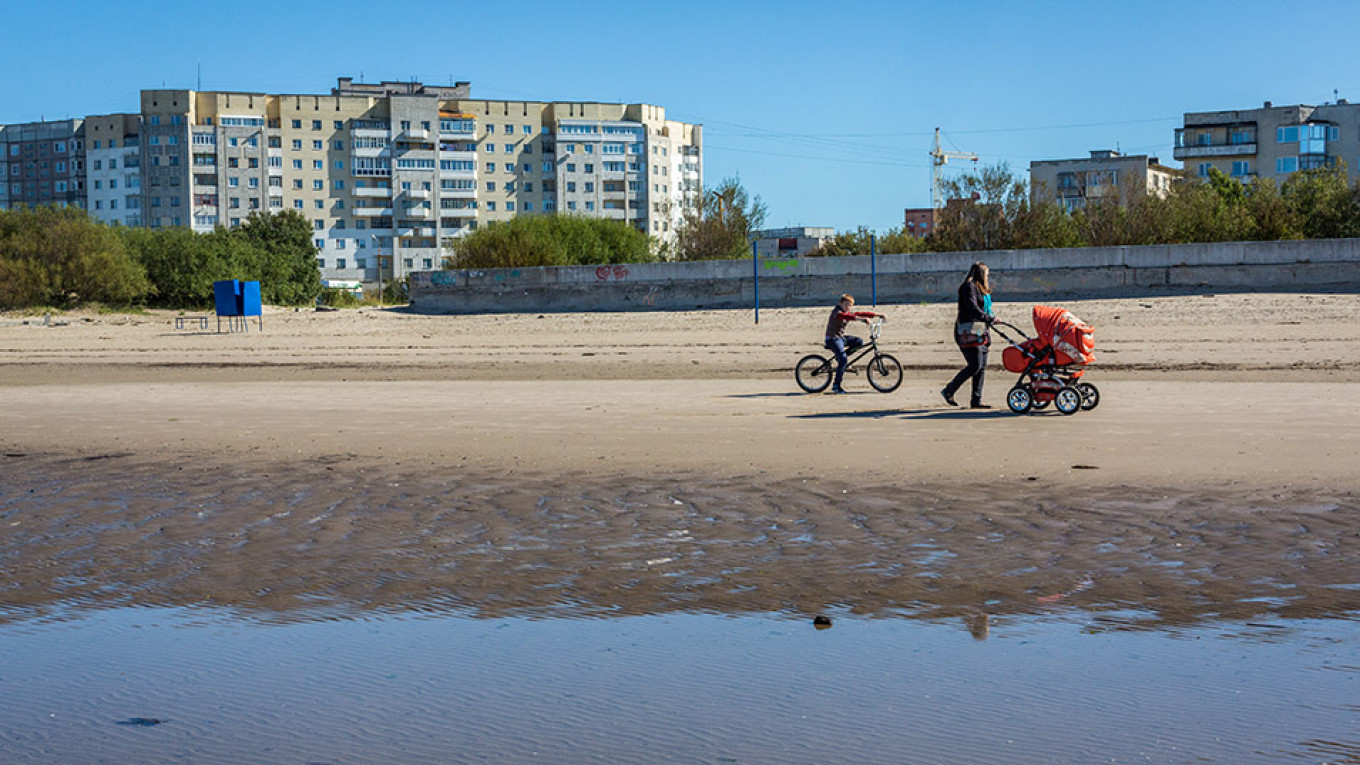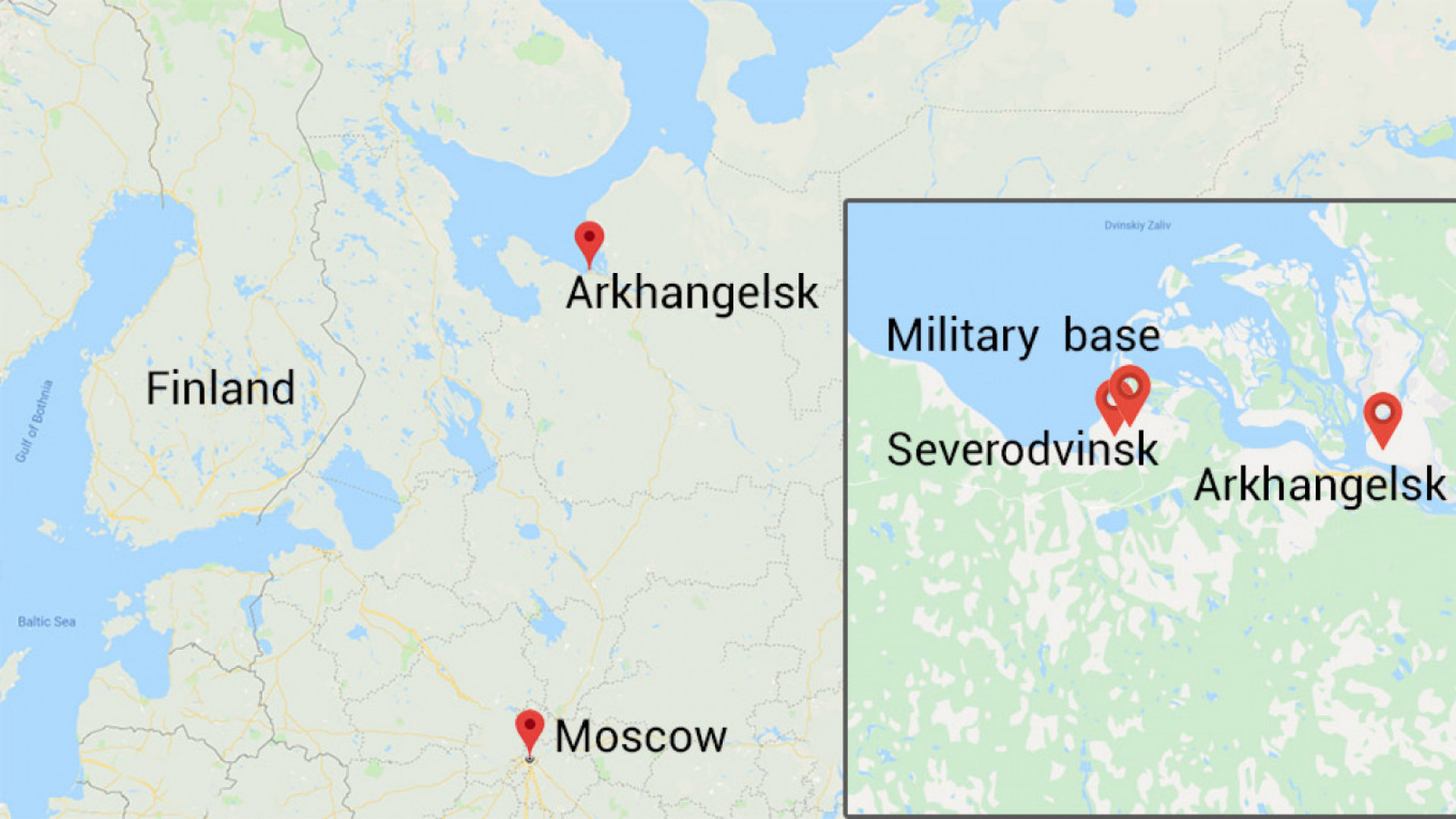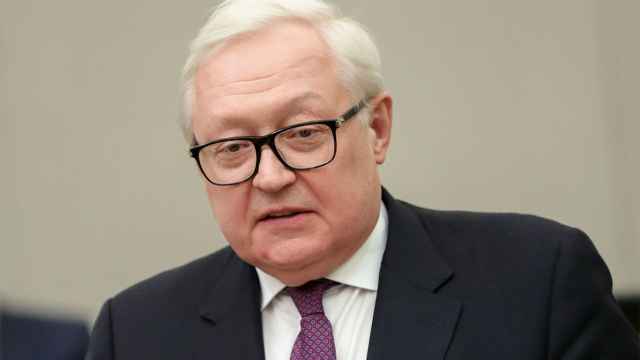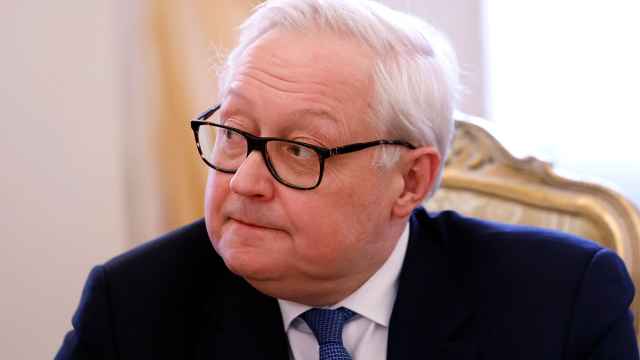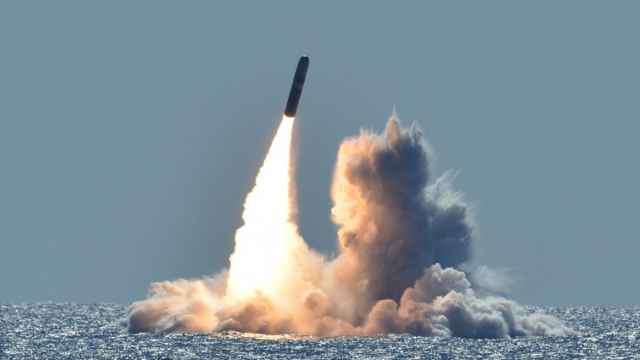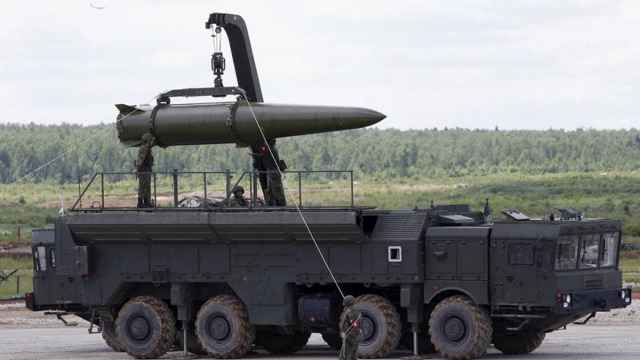Russia removed three U.S. diplomats from a train near the site of a mysterious military testing accident on Monday because they did not have special permits to be in the area, Interfax reported on Wednesday.
Russia's state nuclear agency, Rosatom, has acknowledged that five of its nuclear workers were killed in an Aug. 8 explosion during a rocket engine test near the White Sea in far northern Russia.
Interfax cited a source as saying that the U.S. diplomats had been let go, but are regarded to have broken Russian law.
"The American diplomats were on official travel and had properly notified Russian authorities of their travel," a spokesman for the U.S. State Department in Washington said.
The Severodvinsk region came into the spotlight in August amid contradictory reports about the consequences of the explosion.
The Defense Ministry initially said background radiation remained normal after the incident, but Russia's state weather agency said radiation levels in the nearby city of Severodvinsk had risen by up to 16 times.
A Message from The Moscow Times:
Dear readers,
We are facing unprecedented challenges. Russia's Prosecutor General's Office has designated The Moscow Times as an "undesirable" organization, criminalizing our work and putting our staff at risk of prosecution. This follows our earlier unjust labeling as a "foreign agent."
These actions are direct attempts to silence independent journalism in Russia. The authorities claim our work "discredits the decisions of the Russian leadership." We see things differently: we strive to provide accurate, unbiased reporting on Russia.
We, the journalists of The Moscow Times, refuse to be silenced. But to continue our work, we need your help.
Your support, no matter how small, makes a world of difference. If you can, please support us monthly starting from just $2. It's quick to set up, and every contribution makes a significant impact.
By supporting The Moscow Times, you're defending open, independent journalism in the face of repression. Thank you for standing with us.
Remind me later.


